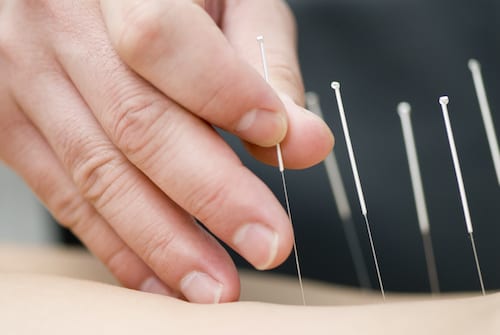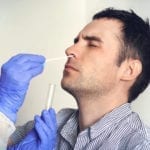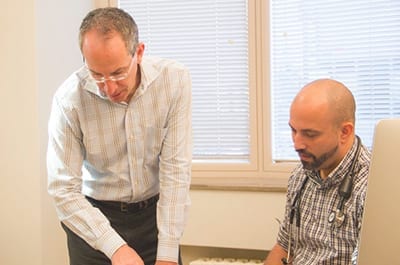Cannabis Use Disorder
Treatment of Cannabis Use Disorder
Cannabis Can Be Addictive
Office Hours
Monday to Friday
9am to 5pm by Appointment
450 Sutter St. - Suite 840
San Francisco, CA 94108
Are You or a Loved One Dependent on Cannabis?
Cannabis use becomes a disorder or addiction when use of cannabinoids includes a strong desire to take the drug, difficulties in controlling its use, persisting in its use despite harmful consequences, a higher priority given to drug use than to other activities and obligations, increased tolerance, and sometimes a physical withdrawal state.
Cannabis has become normalized in recent years, and is now legal in a number of US states. But some people who use cannabis become dependent and have adverse consequences of their use, often causing themselves and their families significant distress.
Consequences of Cannabis Use Disorders
People often start using cannabis in social settings, or to self-medicate anxiety, pain or other symptoms. Cannabis is also used for medical reasons, although research on efficacy is limited by the government's long-standing limitations on research.
With continued use, people with a cannabis addiction manifest some combination of:
Psychological problems: Anxiety, insomnia, lack of insight, inappropriately elevated mood.
Cognitive problems: Impaired decision making and executive function, delusional beliefs and perceptual distortions.
Social problems: Impaired social, family, or occupational function, difficulty maintaining activities of daily living.
Physiological problems: Nausea and vomiting ("cannabis hyperemesis syndrome"), weight gain or loss.
Integrative Cannabis Addiction Treatment at Home
We offer a comprehensive and intensive outpatient treatment program, sometimes called "Stay at Home Rehab." The program is based on thorough medical care and pharmacology, and can include a combination of medical care, integrative and functional medicine treatment, individual and group psychotherapy, medical nutrition therapy, acupuncture and Traditional Chinese Medicine, and self tracking.
While there are few evidence based medication treatments for cannabis use disorders, we use medications, individual psychotherapy and group therapy to reduce symptoms, improve life skills and retrain brain function.
We can mobilize any necessary resources based on an individual’s unique needs after our comprehensive initial evaluation. We’re experts at keeping people independent and “outpatient” who may otherwise be facing going to a facility, inpatient rehab or other institutional setting.
Need more information about our Cannabis Addiction Treatment Program?
To schedule an appointment
or for more information
CONTACT US
Call us today or send us an email inquiry. If it's urgent, we can call you back 24/7 and help you find the help you need.








